Early last year we reported on an innovative Australian battery remanufacturing and recycling scheme designed to dramatically prolong the useful shelf life of used hybrid vehicles, including the popular Toyota Camry, Prius, Corolla and – as they age – the latest RAV4 and Kluger.
Now, operating under the brand name Infinitev, it’s been confirmed today that consumers will be able to access this service from March, 2024, following successful ongoing development and trial runs based in Melbourne.
With electrification in vehicles growing exponentially as consumers turn to hybrids and full battery electric cars, the remanufacturing scheme is expanding into Western Australia and Queensland this year, with a view to enter other states as well as New Zealand in the near future.
According to Infinitev owner, Innovative Mechatronics Group (IM Group) executive general manager, Gino Ricciuti, the time is now to gear up for the coming wave of used hybrid vehicle battery packs over the next few years.
“We need to develop a circular economy for hybrid and EV batteries,” he told the media in Melbourne this week.
“We are focusing on second-life or second-hand vehicles… how to reduce or minimise waste from these vehicles that come to the end of their useful life.
“This is an end of life strategy… and with the consumer at the heart of what Infinitev does, it is a sustainable and cost-efficient solution for the consumer… and right for the planet.
“The longer we can use products that are manufactured in second, third or even fourth lives, then the truer that is to a circular economy.”
This scheme gives battery packs a second, third, or even fourth life depending on condition, that would otherwise have been discarded, potentially saving tens of thousands of older hybrid vehicles, along with all the toxic wastes associated with the battery technology.
.jpg)
It also extends their lives well beyond the industry-standard eight-year warranty period in the case of earlier models.
When launched publicly in less than 18 months, Infinitev will be Australia’s first large-scale hybrid remanufacturing program, as well as a cost-effective one for consumers. With the switch to electrification gaining pace, the company predicts that by 2030 some three million battery packs will be discarded.
As reported earlier, owners of older hybrids will be able to have their battery packs either remanufactured using specialised, individual treatments, or fully replaced under Infinitev’s recycling program.
This is made possible by the fact that most of these battery packs will still have 70 per cent or more capacity left, even though they would still be diagnosed as “faulty, slow to charge or no longer performing at an effective level” within an automotive application. In other words, there’s not enough reliable charge to keep a vehicle moving.
.jpg)
For a used Camry hybrid, in the case of what might cost upwards of $3000 from Toyota will be between about $2000 and $2500 from Infinitev, using either a comparable aftermarket new battery or remanufactured battery technology, with a three-year/200,000km warranty on the new battery pack and a three-year/40,000km guarantee for a remanufactured item.
The process takes between two-to-four days, depending on the level of work required.
“We are actually better than the OEM (original equipment manufacturer),” according to IM Group general manager for circular hybrid and EV power solutions, Dickson Leow. “We are the industry leaders in warranty… other manufacturers only give up to two-years/180,000km”.
Mr Leow added that EVs will also benefit from the program as their numbers increase, with “a number of Nissan Leaf and even a Mercedes EV” battery already remanufactured as part of research and development.
.jpg)
“We are also using the same metallurgy in this program to extend to EVs,” he revealed. “Of course, we don’t have the EV volume right now, as they represent only two per cent (of new vehicle sales), so they’ll be at least six-to-eight years behind (hybrids), because until then any issues they experience will come under their new-vehicle warranty."
Besides keeping older hybrids and eventually EVs on the road, there are multiple uses outside of vehicles for remanufactured battery packs, including being repurposed as energy storage systems for stationary energy sources, such as for industrial buildings and commercial residencies, providing an emergency power supply should there be grid disruptions.
It is part of what Infinitev refers to as the four stages of a battery pack life: 1. Electrified vehicle use; 2. Remanufactured for EV use; 3. Repurposed for other industry applications; and 4. Sustainable recycling.
Infinitev says the upswing in hybrids has already seen their work rate multiply as they prepare stock for commercialisation in 2024, from two battery packs being remanufactured per month, to more than 50 per month.
As it is estimated to grow beyond 80 per month, Infinitev is currently planning to move to a bigger facility sooner rather than later.



.jpg)


.jpg)


.jpg)
.jpg)


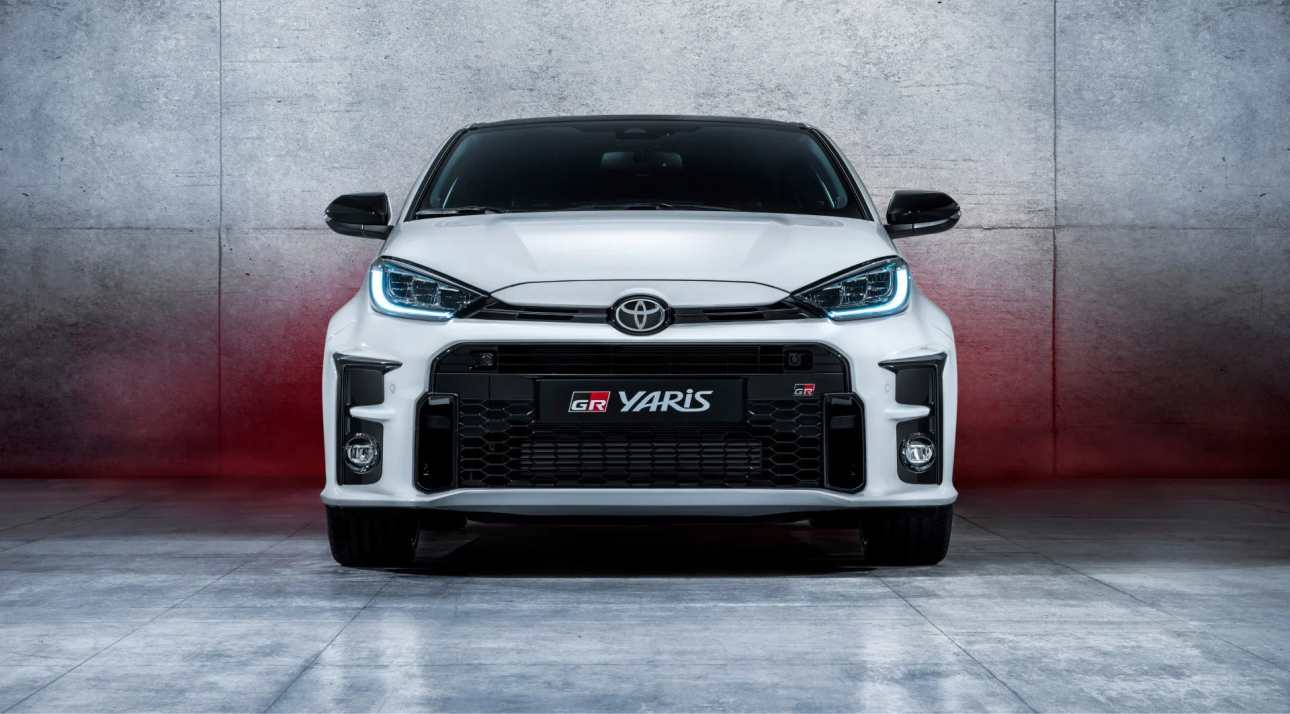
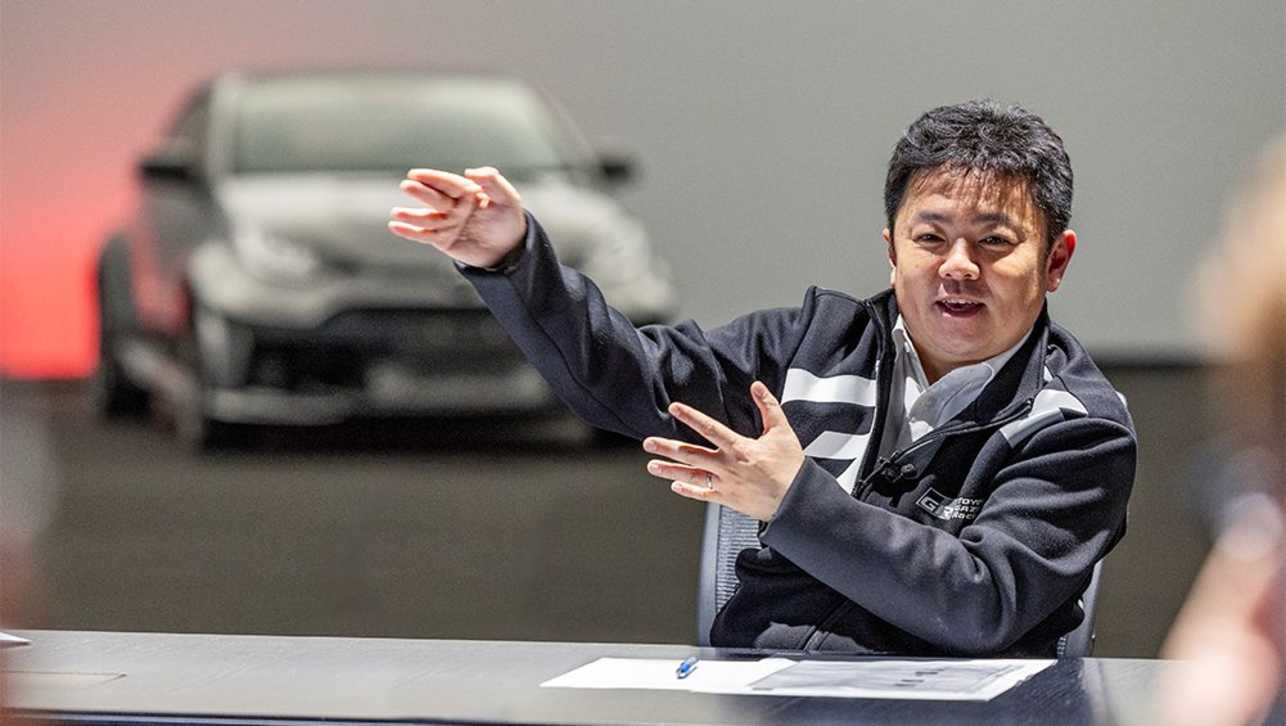
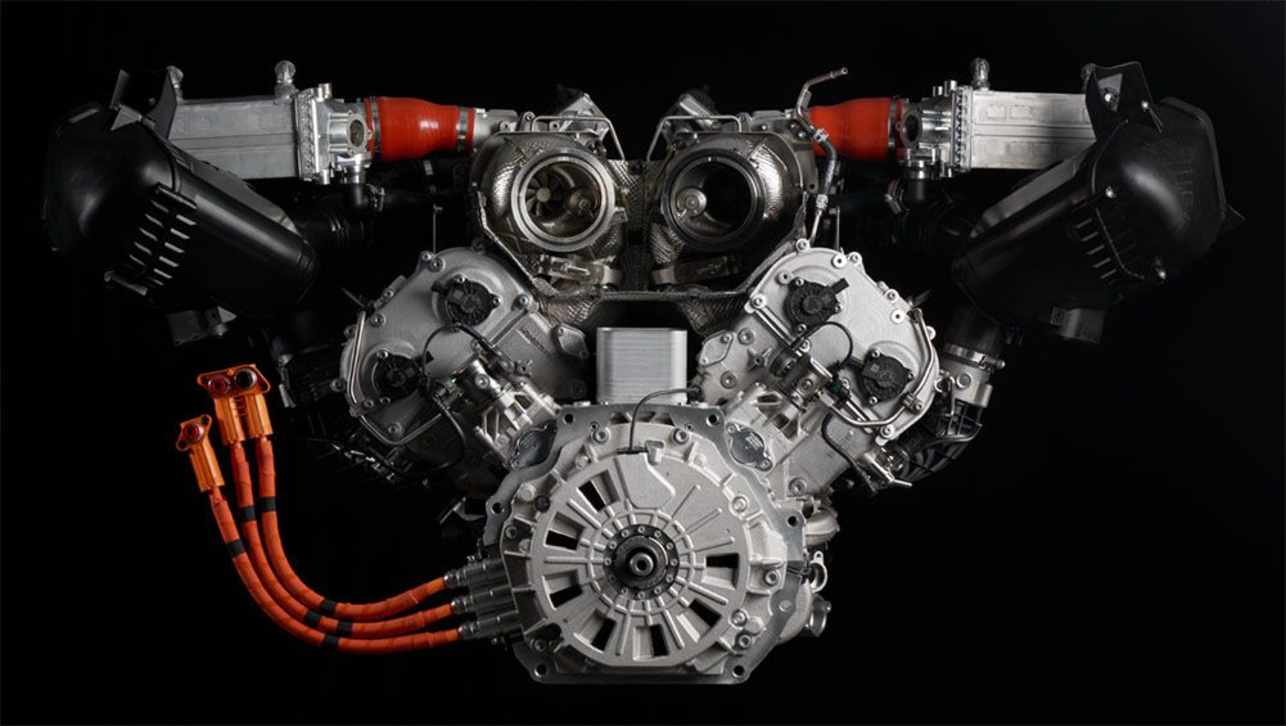
.jpg)
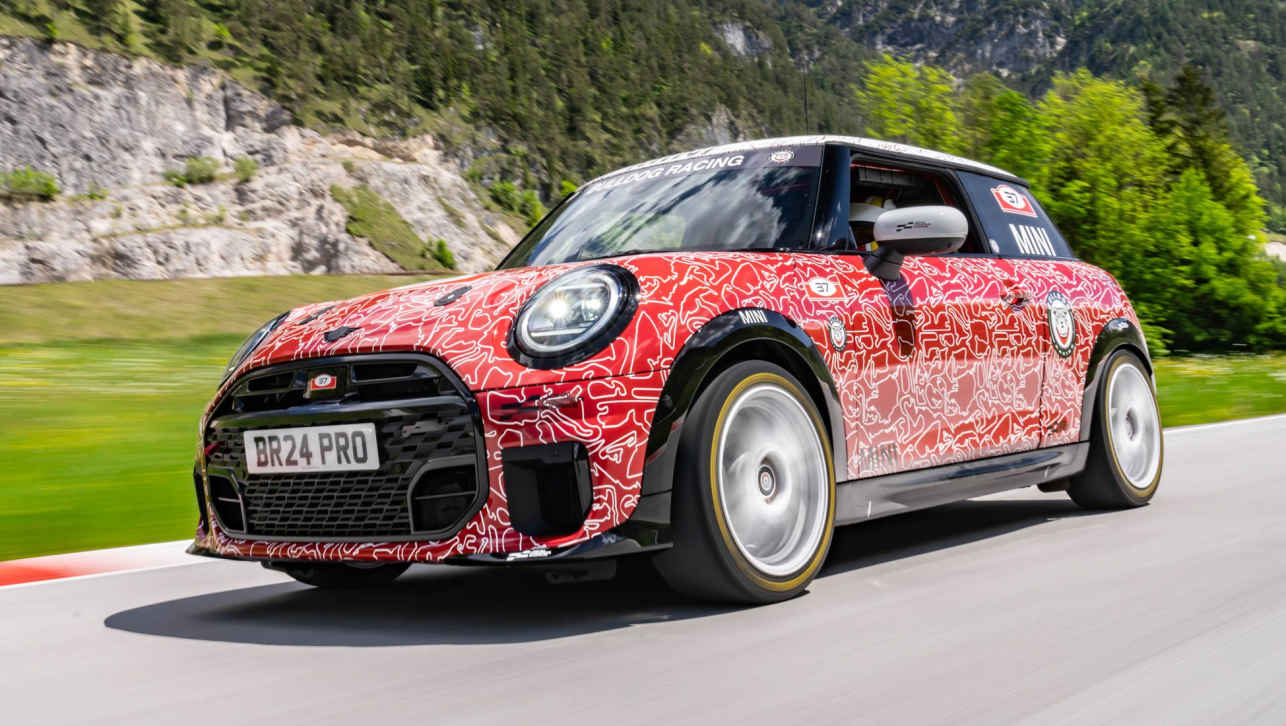
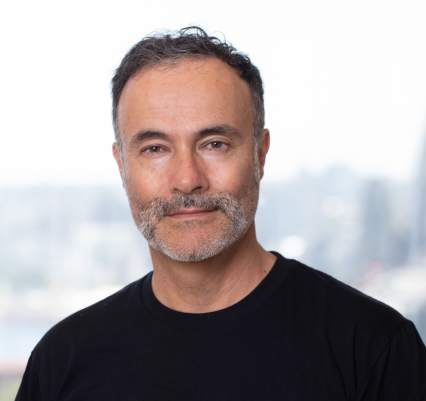

.jpg)

.jpg)
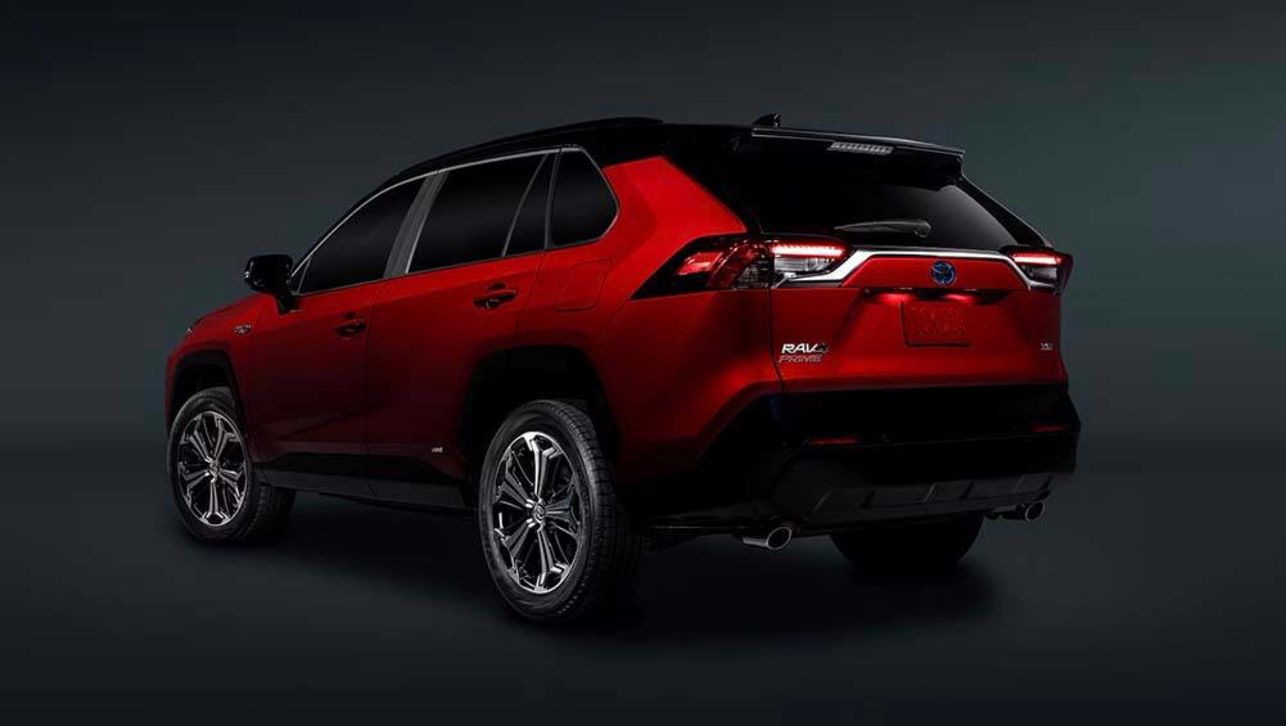
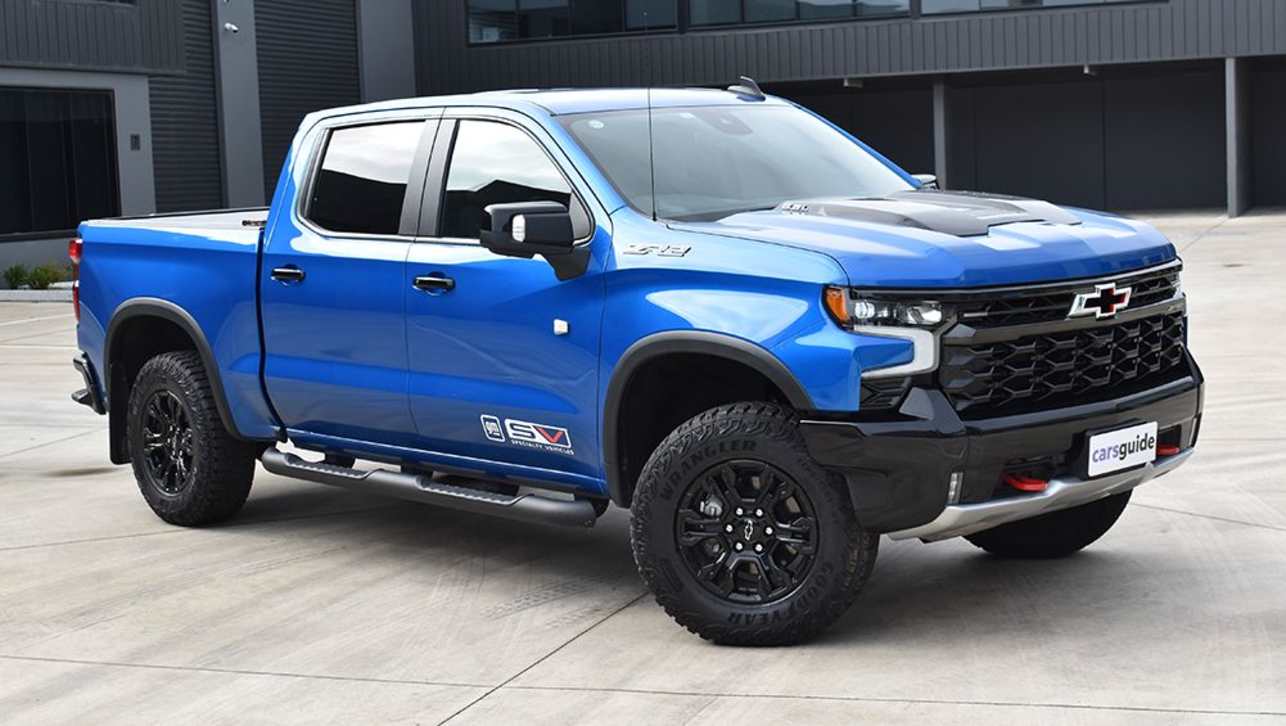



.jpg)
Comments